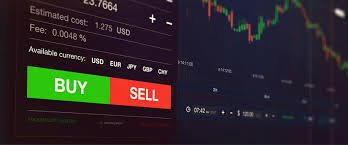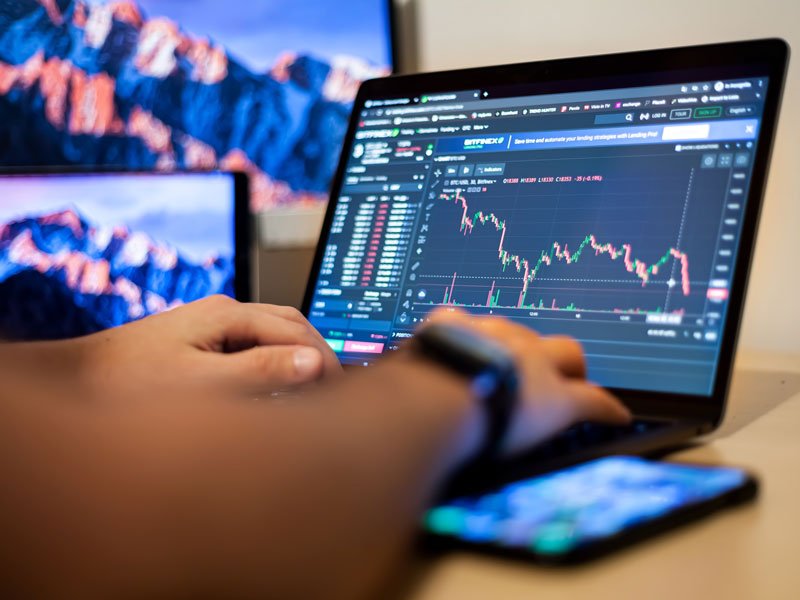
Forex trading investment is one of the most dynamic and evolving forms of investing today. With the advent of technology and the internet, there has been a significant increase in the number of individuals participating in forex trading. Many are attracted by the potential for high returns and the ability to trade 24 hours a day. If you are considering entering this exciting market, forex trading investment Best Islamic Trading is an excellent resource to help you get started on the right foot.
What is Forex Trading?
The foreign exchange market, commonly referred to as the forex market, is a global decentralized or over-the-counter market for trading currencies. It is the largest financial market in the world, with daily trading volumes exceeding $6 trillion. Unlike stock markets, which operate during specific hours, the forex market is open 24 hours a day, five days a week, providing traders with the flexibility to trade whenever they want.
The Basics of Forex Trading Investment
Forex trading involves buying and selling currency pairs, which are quoted in terms of one currency against another. For example, in the currency pair EUR/USD, the Euro is the base currency, and the US Dollar is the quote currency. Traders profit from changes in exchange rates, aiming to buy low and sell high.
To successfully navigate the forex market, one must understand several key concepts:
- Currency Pairs: Currencies are traded in pairs, and understanding the relationship between these currencies is crucial.
- Pips: A pip is the smallest price move that a given exchange rate can make, which is typically 0.0001 for most currency pairs.
- Leverage: This allows traders to control a larger position with a smaller amount of capital, amplifying both potential profits and losses.
- Spread: The difference between the buy price and the sell price is known as the spread, and it represents the cost of trading.

Choosing a Trading Strategy
Developing a solid trading strategy is paramount for success in forex trading investment. Traders can choose from a variety of strategies that suit their risk tolerance, time commitment, and trading style. Common strategies include:
- Scalping: This strategy involves making numerous small trades throughout the day, aiming to capture tiny price movements.
- Day Trading: Day traders open and close trades within the same day, focusing on short-term price movements.
- Swing Trading: Swing traders hold positions for several days or weeks, looking to profit from larger price swings.
- Position Trading: This long-term strategy involves holding positions for weeks or months, based on fundamental analysis.

Risk Management in Forex Trading
One of the most critical aspects of forex trading investment is risk management. Successful traders know how to protect their capital. Effective risk management strategies include:
- Setting Stop-Loss Orders: A stop-loss order automatically closes a position once it reaches a certain loss threshold, limiting potential losses.
- Position Sizing: Traders should only risk a small percentage of their trading capital on any single trade to mitigate the potential for significant losses.
- Diversifying Your Portfolio: Spreading investments across various currency pairs can help reduce risk.
The Importance of Fundamental and Technical Analysis
Traders often rely on two forms of analysis to make informed trading decisions:
- Fundamental Analysis: This involves analyzing economic indicators, interest rates, and geopolitical events that can affect currency values.
- Technical Analysis: Traders use charts and various indicators to identify price patterns and trends to forecast future price movements.
Psychology of Trading
The mental aspect of trading cannot be neglected. Trading can evoke a range of emotions, from excitement to fear. Successful traders maintain discipline and adhere to their trading plans. Keeping emotions in check and making rational decisions based on analysis is crucial for long-term success.
Choosing the Right Broker
Choosing a reputable and reliable broker is essential for forex trading investment. Factors to consider when selecting a broker include:
- Regulation: Ensure the broker is regulated by a respected authority, providing an extra layer of protection.
- Trading Platform: A user-friendly and stable trading platform can enhance the trading experience.
- Customer Support: Responsive and knowledgeable customer service is crucial for resolving any issues that may arise.
- Fees and Spreads: Compare trading fees and spreads among different brokers to find a competitive option.
Staying Informed and Continuing Education
The forex market is ever-changing, making continuous education vital. Traders should stay informed about market trends, economic news, and any changes in regulations. Taking advantage of educational resources, webinars, and online courses can sharpen trading skills.
Conclusion
In conclusion, forex trading investment offers a wealth of opportunities but also presents significant risks. By understanding the fundamentals of the forex market, developing a solid trading strategy, practicing effective risk management, and maintaining a disciplined mindset, traders can enhance their chances of success. The journey to becoming a skilled forex trader requires dedication and a willingness to learn continuously, but with the right approach, it can be a rewarding endeavor.
